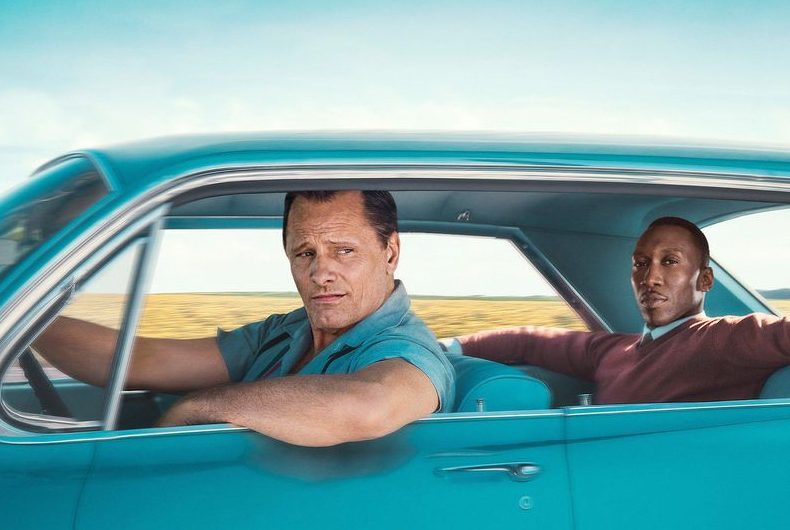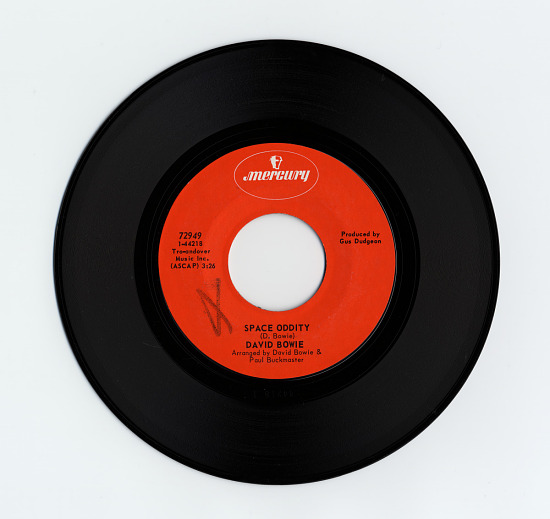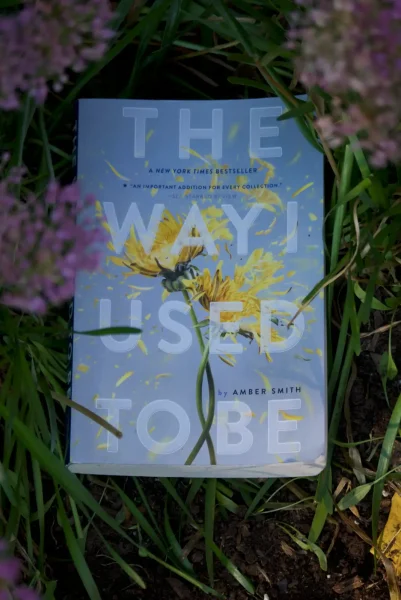“The Green Book” and the bromance that may have just ended racism
Buttoned sleeves fly across ivory keys as, outside, dice roll across the crooked planks of a roofed in porch: Culture and class clash together as one man bows to an audience of America’s finest and the other America’s servants.
“The Green Book” is a walking contradiction.
Following Dr. Don Shirley (Mahershala Ali of “Moonlight”) and the rough-knuckled Tony Lip (Viggo Mortenson of “The Sopranos”) as they embark on a months-long car-trip through some of the most Southern, and racist, states in America, “The Green Book” concentrates on a singular storyline set on the much larger stage of segregated America in the ‘60s. Dr. Shirley is a world-renowned black pianist in need of a driver; Lip is a racist husband and father in need of money. “The Green Book” should be a study of their relationship — a look at the ways in which they love each other, hate each other and find common ground on the open road —, and yet it isn’t. It is a one-sided story, told through the lens of the more white, more racist, more privileged Lip.
This is not to say that is not a good film — that it is not a film worthy of viewing and maybe even appreciating — but rather that it is nothing new. Mortenson is “La La Land’s” Ryan Gosling; he is “Three Billboards Outside Ebbing, Missouri’s” Sam Rockwell; and he is yet another racist Hollywood character that viewers will label “charming.” But two hours of good-ol’ Italian nature do little to make up for the extreme level of racism displayed in the first few scenes of the film. As much as Hollywood directors would like us to leave the theater with feelings of peace and resolution, the fact of the matter remains that Lip began the film a racist and did little to prove he wasn’t a racist when the film ended.
Dr. Shirley, a world-renown pianist, is first portrayed alongside an excess of wealth. He shocks the prideful, and incredibly Italian, Lip with not only his riches but also his blackness. By representing Dr. Shirley in such excess — one scene featuring him positioned sitting on a gilded chair with beautiful artifacts seemingly encircling him — the film brings into question social expectations and stereotypes as it contrasts the separate lifestyles of Lip and It is a film that contradicts viewers expectations of class, race, and culture but fails to represent the level of complexity such concepts have when intertwined with each other. And by telling the story from the perspective of Lip, the film becomes little more than redundant failing to tell a particularly original plot line.
“The Green Book” is as deeply flawed as it is innately charming. One stands in a constant confliction over whether they should hate or love the gruff-overly-Italian Tony Lip, whether they should call out the blatantly apparent white-savior storyline for the rest of the theater, or simply pretend as if the film indeed did end racism. It is a film that must be seen simply on the principle that it must be discussed. Secret messages lie within the folds of this film — ones that speak words to our current political and cultural climate.









